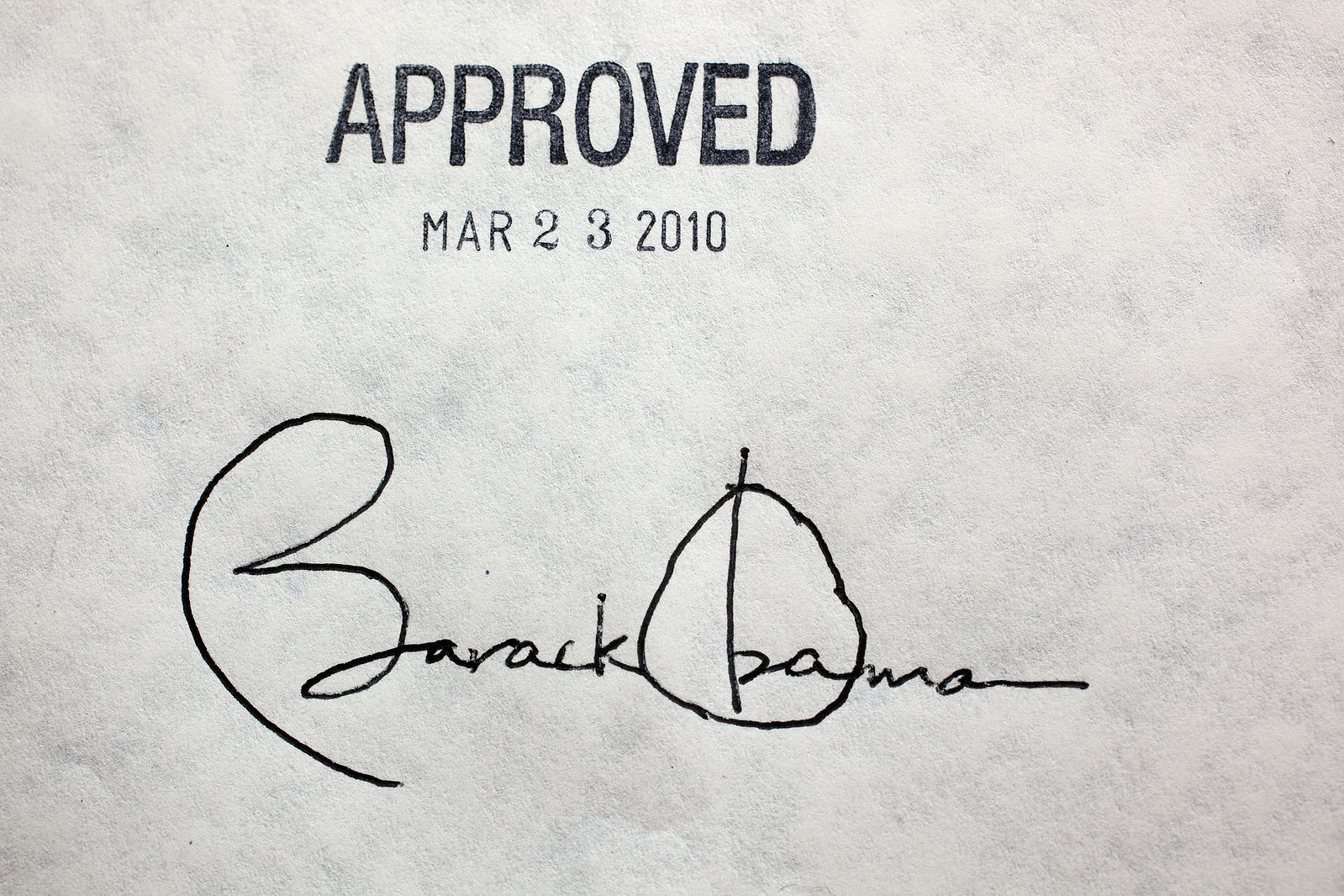The Affordable Care Act, arguably President Obama’s single greatest domestic achievement, is falling apart. Health insurance companies are abandoning the public exchanges. This is problematic for the success of the ACA because the expansion of health coverage is dependent on health insurance companies remaining on the exchanges.
This poses a problem for consumers because some may not be able to acquire health insurance, and others may see their premiums increased due to less price competition among insurers. Thus, there is the very real possibility that some Americans will just forgo health insurance coverage altogether.
These developments have initiated criticism among liberals such as Sen. Bernie Sanders, who argues that health insurance companies operate on a for-profit basis, which demonstrates the need for a public option.
In 2009, Democrats fought to create a public health insurance agency to compete with private insurance companies. When Senate Democrats didn’t have the numbers to pass the ACA that would include the public option, they were forced to abandon it in order to pass the ACA at all. Just as in 2009, today there are severe obstacles to implementing the public option.
First, the implementation depends on the Congressional results of the 2016 election. If Democrats are able to take over the Senate, it’s highly unlikely that Congress would pass the public option because of opposition from Republicans. Republicans would surely oppose the public option because it would mean increased federal government control of the American health care system.
Furthermore, Republicans fear that the public option would lead to a single-payer system, which means necessary health care costs like basic doctor visits are covered by a public service, but private sectors can deliver the care.
Certainly, there are liberals like Sanders who hope the public option could lead to a single-payer system. There is also the slim possibility that Democrats could convince Republicans to support the public option because it’s cost-efficient and wouldn’t affect the private sector.
Furthermore, the public option would offer consumers a choice; consumers would still have the option to purchase health insurance from private companies. In addition, Democrats could highlight that the private market is not relying on pro-free market principles such as competition and price transparency.
Even in the ideal scenario, where Democrats control Congress, the public option would face severe opposition from insurers and physicians, as represented by America’s Health Insurance Plans and the American Medical Association. Insurers would oppose the public option because it would be a threat to their hegemony in the health care system.
“The introduction of a new public plan threatens to restrict patient choice by driving out private insurers, which currently provide coverage for nearly 70 percent of Americans,” the AMA said in comments submitted to the Senate Finance Committee.
It seems as though physicians don’t fear losing their own autonomy, but rather the autonomy of their patients, according to a New York Times article published in 2009, when the public health care option was first on the table. However, there may be a possibility to convince physicians and other providers of care such as the American Hospital Association that it’s in their best interest to support the public option. Presently, physicians are not responsible for the delivery and financing of health care — insurers are. The public option would eventually wrestle control from insurers in the delivery and financing of health care, thereby granting physicians and patients more autonomy.
Finally, there’s the question as to whether the public option is supported by the American public. If Democrats are committed to making a second attempt at the public option, then they need to sell to the American public the benefits of public health insurance. If the vast majority of the public supports the public option, this could increase the chances that it could pass in Congress.
Whether Congress could pass the public option is uncertain. But what is clear is that whoever the next president is, he or she will need to pursue health care reform legislation.
If the public option is not politically possible, Democrats and Republicans need to explore other possibilities that transfer authority of the health care system from insurers to physicians. However, they cannot continue to impose reforms that do not alter the structure of the health care system. If the system remains the same, policymakers will continue to see the problems that have plagued the ACA.
Leslie McNamara is a public policy graduate student specializing in health policy. She can be reached at lamcnamar@gmail.com.



